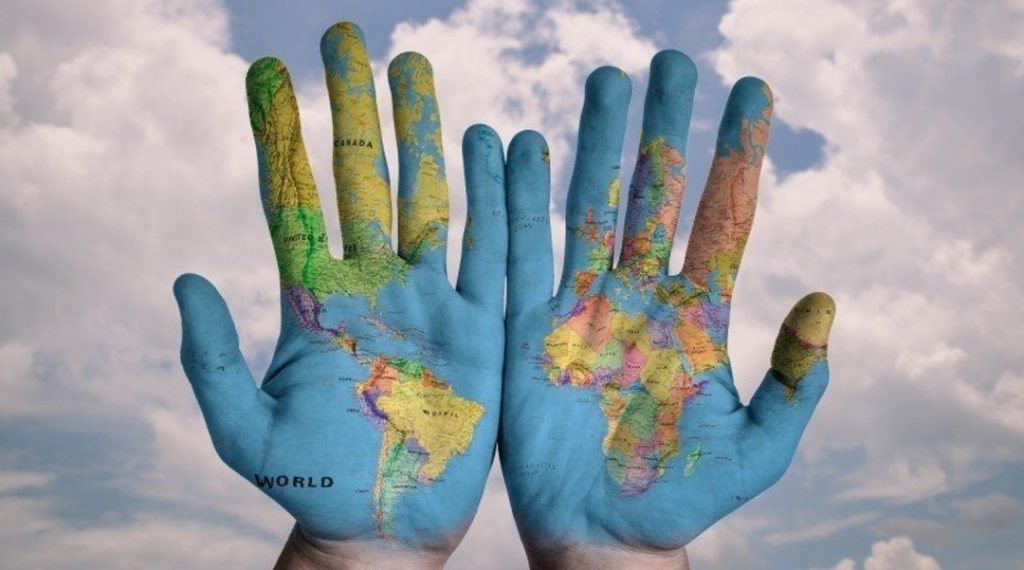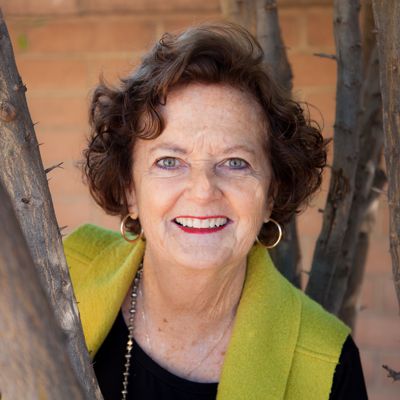
April always seems to be a month of reflection for me and I’m not sure why. It could have to do with Spring but more than likely, it’s because it’s Earth Month, we celebrate Earth Day and, after all, I am Mrs. Green.
What’s it going to take?
This year, my time spent reflecting on the state of our world has led me to asking myself the same two questions: what’s it going to take to preserve this great planet of ours and even if it’s all hands on deck, have we run out of time? The answers to those questions are quite different in that we know what it’s going to take to preserve this planet of ours, but we don’t really know what “too late” looks like or when that might be.
What we know
What we do know is that polar ice caps are melting, oceans and rivers are filled with plastic, entire species of all kinds are being wiped out daily and extreme weather has become a common occurrence. We know that people are starving to death already, people are being displaced from their land because of rising sea levels, flooding or droughts; there are dead zones in the oceans, air quality is so compromised in some geographic areas that governments issue warnings advising people to stay home. We also know that every single fish swimming in an ocean or a river has most likely ingested plastic, that all rainforests, the very lungs of the earth, continue to be destroyed to create habitat for cattle to graze and for palm oil to be planted to feed our insatiable appetites for consuming just about everything. We know that mega fires are destroying entire towns and that the mudslides that come along after those fires can be almost as devastating as the fires themselves. And we know that people live in slavery to make our clothes, build our solar panels, and catch the fish we eat. That’s just the short list of “how bad is it.”
But the most painful and perhaps the most alarming reality is that people, families, countries, world leaders, continue to be divided on the issue of climate change, its causes and in working together to discover and implement urgently needed solutions. It’s all quite daunting to say the least.
Finding common ground
So, what is it going to take to turn this earth ship around? This tiny planet, with finite resources, that we call home? I believe it’s all about finding our way home, finding our way back to the time when everyone was connected to nature because they had to be, finding common ground because the journey of being united in our commitment to change things must start somewhere, and we might find out we have many more things we agree about rather than disagree. And we also must find the courage to begin having conversations with those who we believe might not share our opinions. We have got to find common ground because all our lives, and the lives of everyone we know and love, are dependent upon that happening.
The things we all agree on
What are some of those things that most of us agree on? Most of us love spending time in nature when we take the time to do it. We love our oceans and our streams and our waterways. We love our families and want them to be healthy. We love having clean water to drink, clean air to breathe, and food to eat. At the very core of our beings, most of us want to leave the world a better place than the way we found it. Many of us might not know it, or even think about it, but I believe most of us don’t want to deplete the earth of butterflies and bees and wildflowers and all earth’s creatures big and small. Many of us dream about getting to see dolphins swimming in the ocean or maybe even getting a chance to observe a moose or an elk or some wild turkeys while spending time in nature. Most of us don’t want to buy clothes made by slaves and many of us wouldn’t if we knew that to be the case. And here’s a big, bold assumption on my part: most of us would stop eating meat if we spent any time at all observing how animals are treated to put food on our plates.
Being the village
I realize that I have made many assumptions about the basic nature of human beings. But I made them knowingly because I believe that most people, given the chance, will do the right thing, the good thing, the “for the benefit of all concerned” thing because, truth be told, I must believe that. I can’t give up hope. I can’t stop believing in the power of goodness and divine right action and in the power of people to change and, in turn, change “things.” Most people don’t hurt children or animals. Most people don’t want dead zones in the oceans or air that you can see. And most people smile at the thought of heading home. And for those who don’t, we must help them. We must be the village. We must hold the hope for a brighter, kinder, healthier future for the planet and all who call the earth home. We must live as though it’s Earth Day every day. Because it truly is. We all must figure out, at this pivotal point in history, how to all find our way home, help others who need our help to find their way and to make sure that we all still have that home to go to – whatever that looks like for us. Happy Earth Year.
 From about the age of five, Gina has been on the path of being a disruptor for good. A dreamer at heart, Gina is madly and passionately in love with this great planet of ours and is tireless in her efforts to preserve it.
From about the age of five, Gina has been on the path of being a disruptor for good. A dreamer at heart, Gina is madly and passionately in love with this great planet of ours and is tireless in her efforts to preserve it.